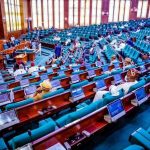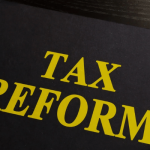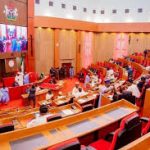Taiwo Oyedele, Chairman of the Presidential Tax Reform Committee, has revealed that the upcoming tax reform bills will remove all subnational consumption taxes, with the exception of Value Added Tax (VAT). The goal is to simplify Nigeria’s complex tax structure and resolve ongoing challenges with the current system.
In an explanation released on Monday, Oyedele detailed how the reform aims to address issues like the multiple taxation burden, especially the parallel consumption taxes that some states impose alongside VAT. He explained that the new law would streamline the tax system by discontinuing all consumption taxes except VAT, which he said would reduce the tax burden on citizens and ensure fairer distribution across states.
A major concern has been how VAT revenue will be allocated among states, with some fearing that the new derivation model could lead to lower revenue for certain regions. Oyedele reassured that the new formula would not disadvantage any state. He highlighted that a 5% allocation from the federal government would be earmarked for equalization transfers to ensure states are compensated for any shortfall.
“The 5% cession by the FG can be set aside for equalization transfers to cater for any shortfall under the new model. This ensures no state is worse off in the short term while boosting economic activities and revenue for all states in the long term,” said Oyedele.
The tax expert also clarified that no revenue agencies, including the Nigerian Upstream Petroleum Regulatory Commission (NUPRC) and Nigerian Customs Service (NCS), will be scrapped or merged under the reform. These agencies will continue their regulatory functions but will no longer collect regulatory fees within their jurisdictions, as their budgetary allocations will now cover those responsibilities.
The tax reform bills are currently being reviewed by Nigeria’s National Assembly and have sparked debate, especially from northern elites who fear that the changes might not favor their region. Currently, VAT revenue distribution follows a formula where 15% goes to the Federal Government, 50% to states and the Federal Capital Territory (FCT), and 35% to local governments. The new bill seeks to harmonize these taxes and address the issue of tax multiplicity in the country.










